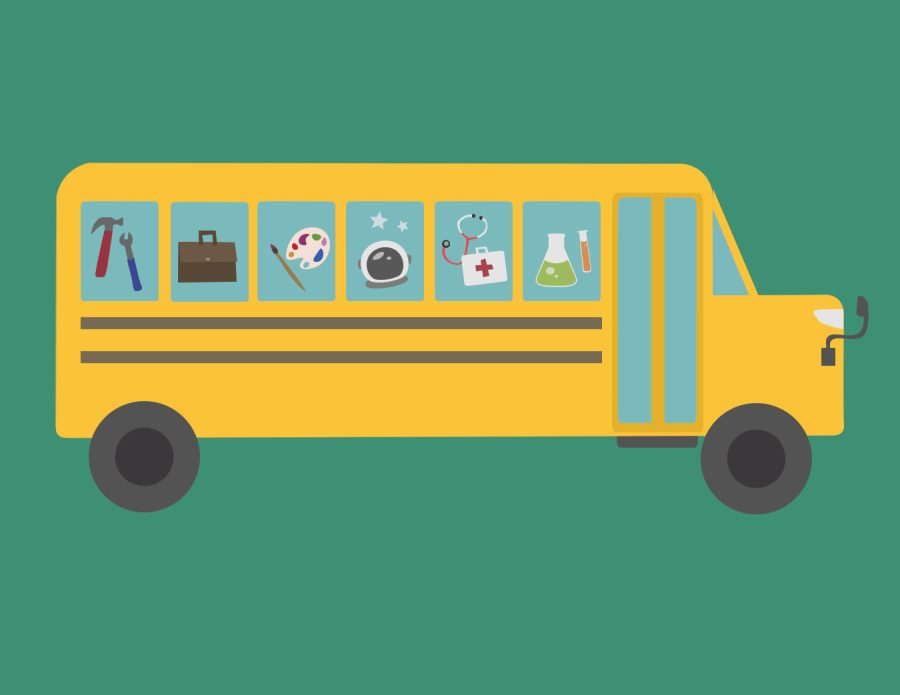Career-based field trips provide necessary opportunities
At Midtown, there aren’t any required or grade specific field trips offered. Most field trips come from an elective class that the teacher arranged for example, recently art students visited the High Museum of Art. This is different from in elementary and middle school, where entire classes would venture out for the day together, such as going to the zoo or aquarium, about once every month or two.
March 29, 2022
After middle school, the number of field trips students go on significantly drops. While elementary and middle school students can gain useful experiences and knowledge from field trips, high school students can also benefit from learning about interesting topics, and about themselves.
At Midtown, there aren’t any required or grade specific field trips offered. Most field trips come from an elective class that the teacher arranged for example, recently art students visited the High Museum of Art. This is different from in elementary and middle school, where entire classes would venture out for the day together, such as going to the zoo or aquarium, about once every month or two.
Having a wide variety of field trip options is vital for giving students a clear idea about the world that surrounds them. Seeing new places can open up doors for careers or experiences students never knew were there.
For instance, sixth and seventh grade students in the Midtown cluster experience the Junior Achievement (JA) programs BizTown and Finance Park, respectively. Both of these programs assign students a role as a professional at a company and allow them to learn how to deal with the ins and outs of business and personal finance. These field trips’ mission, as JA of Georgia puts it, is to “develop a generation of individuals who are armed with the confidence, knowledge and determination to thrive; to build a better future for themselves and their community.” Opportunities like these could benefit older kids just as much, or more, than middle schoolers as they are closer to adulthood.
The U.S. Travel Association found that “regardless of gender, ethnicity or socioeconomic status, children who take school trips have better grades, higher graduation rates from high school and college and greater income.” Put simply, field trips raise the bar for education.
Some might say that field trips are just a “day off” for students and provide no real educational substance. However, a study by researchers at Ohio University found that “once teachers are empowered and learn how to develop and orchestrate a successful field trip, they will enable students to develop interest in science, which may lead to improved learning or improved science literacy.” This shows that when done correctly, field trips can have a major beneficial impact on students’ academic interests.
A change in a learning environment can be very beneficial and engaging for students. The Government for Northwest Territories’ Education, Culture and Employment website writes that “??learners must not only develop what they know, but also skills, attitudes, and values that will help them be capable people. For this to happen, they need to actively take part in their learning and be motivated by it.” This reinforces the idea that the hands-on learning that field trips provide is necessary to successful learning.
What students learn from the restrains of a classroom cannot be matched by the kind of development and experiences that field trips offer. Field trips provide important learning opportunities, and teachers and administration need to see their importance and use it to their students’ advantage.








